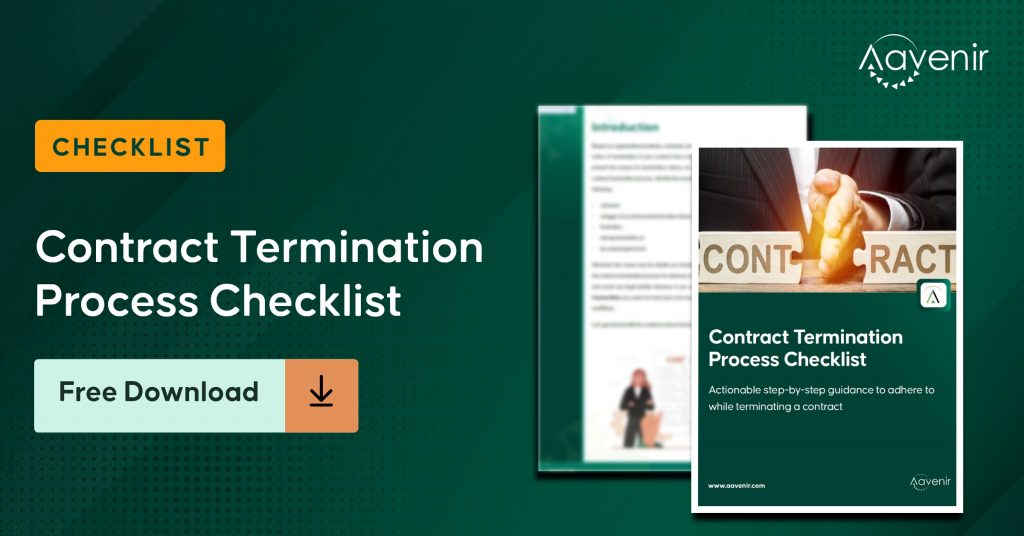What is a Master Service Agreement?
A Master Service Agreement, often referred to as an MSA, is a contractual agreement that establishes the terms and conditions governing a business relationship between two or more parties. It serves as a foundational document that outlines the general terms, obligations, and rights of the parties involved.

The MSA is typically used when parties anticipate entering multiple future transactions or projects together, providing a framework for their ongoing collaboration.
Scope of Work
The Scope of Work (SOW) is an essential component of a Master Service Agreement. It defines the specific services, deliverables, and timelines associated with a particular project or engagement. The SOW provides detailed information regarding the project objectives, milestones, resources, and any other relevant requirements. It helps to clarify the expectations of both parties and ensures that there is a clear understanding of the work to be performed.
Term
The Term refers to the duration or period of time during which the Master Service Agreement is in effect. It specifies the start date and end date of the agreement, outlining the agreed-upon timeframe for the business relationship. The Term may also include provisions for automatic renewal or termination options.
Payment Terms
The Payment Terms section of a Master Service Agreement outlines the agreed-upon payment structure and schedule. It specifies the pricing model, such as fixed fees, hourly rates, or milestone-based payments. Additionally, it defines the invoicing procedures, payment due dates, and any applicable late payment penalties or interest charges.
Protect Cash Flow by Strategizing Contract Payment Terms. Read More>>
Confidentiality
Confidentiality provisions are crucial in a Master Service Agreement to protect sensitive information shared between the parties. These provisions establish obligations regarding the handling, protection, and disclosure of confidential information. They may include restrictions on sharing information with third parties and requirements for implementing reasonable security measures to safeguard the data.
Intellectual Property Rights
The Intellectual Property Rights section clarifies the ownership and usage rights of intellectual property created or utilized during the engagement. It addresses issues related to copyrights, patents, trademarks, and trade secrets. Parties may define whether the ownership of intellectual property remains with the creator or is transferred to the other party, and if any licensing or usage restrictions apply.
Indemnification
The Indemnification clause outlines the responsibilities and liabilities of each party in case of claims, damages, or losses arising from the services provided under the Master Service Agreement. It establishes the obligation of one party to compensate the other party for any losses incurred due to breaches of contract, negligence, or violation of applicable laws.
Dispute Resolution
The Dispute Resolution section outlines the process to be followed in the event of a dispute between the parties. It may include requirements for negotiation, mediation, arbitration, or litigation. This section aims to provide a structured approach to resolving conflicts and avoiding prolonged legal battles.
Termination
The Termination clause specifies the conditions under which either party can terminate the Master Service Agreement before its natural expiration. It may include termination for convenience, where either party can terminate the agreement without cause with prior notice, as well as termination for cause, which allows immediate termination in case of a material breach or non-compliance with the agreement terms.
Amendment
The Amendment provision outlines the procedure for modifying or updating the terms of the Master Service Agreement. It typically requires written consent from both parties and may include requirements for documenting the amendments in writing and ensuring they are incorporated into the original agreement.
Please note that the content provided here is for informational purposes only and should not be considered legal advice. It is recommended to consult with legal professionals for specific guidance regarding the drafting and interpretation of a Master Service Agreement.
Explore Additional Resources To Know More




